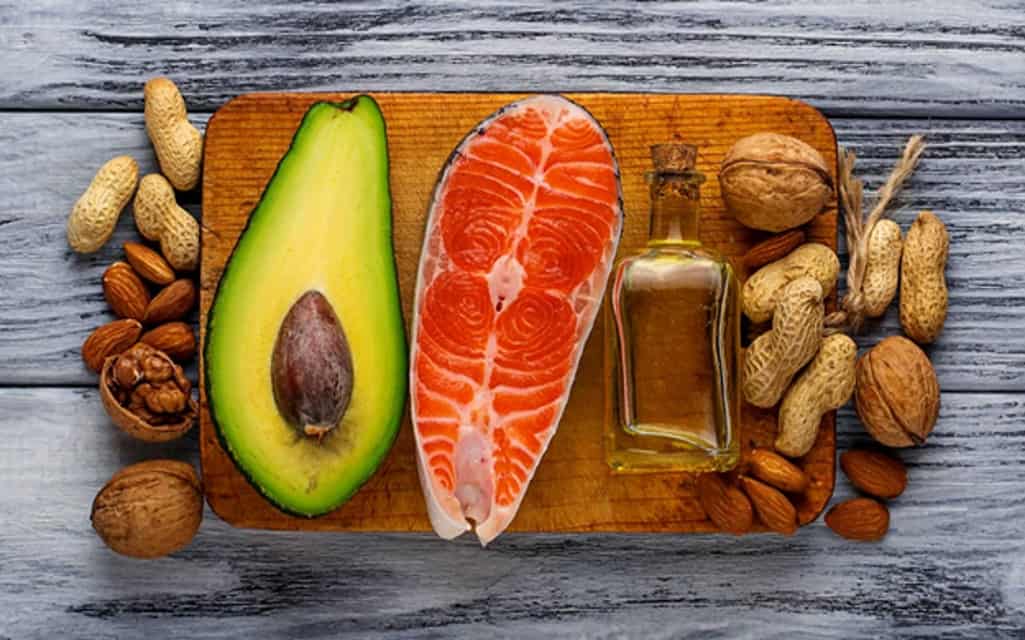It is very common that when people think about testosterone the first thing that comes to their minds are very large, strong men with a lot of body hair. Testosterone is not exclusive to men and there are foods that also produce it.
Testosterone plays a very important role in the body that goes beyond the previously mentioned attributes and, is a fundamental hormone in both men and women. It must also be understood that it acts in different ways in men and women, and according to its levels in the body, it can have a positive or negative impact.
What is Testosterone
Before explaining what testosterone is, it is vital to understand some previous concepts that improve your understanding.
The human body is composed of a series of systems, like digestive system, circulatory system, nervous system, among others, that interact with each other in order to fulfill physiological functions that help maintain the health of each individual. However, the endocrine system is the one that is involved in the functioning of testosterone. The endocrine system is made up of a series of organs in the body that is responsible for secreting hormones, which travel through the body in the form of chemical substances. These hormones move into the bloodstream to reach the organs and tissues to fulfill their function.
Hormones are slow workers and therefore produce changes in the body over time, such as growth, mood and sexual appetite among hundreds of other functions. And although hormones are indispensable for the human body to work correctly, there are many internal and external agents that can alter its stability.
This imbalance, sometimes, can be reflected in small physical or mental changes that do not represent a risk for people. But, sometimes, a sudden change in the hormonal balance can be the precursor of very serious and delicate health problems that in the worst case could be lethal, either by the excessive increase of a hormone or by the decrease of the same.
That is why you should keep a check on your physical or emotional changes that sometimes occur without an apparent reason and if necessary go to the advice of a specialist.
To get more information about the availability of different testosterone therapy treatments, you can visit https://www.nexelmedical.com/
Testosterone in Men
There are different stages in the growth and development of men where testosterone fulfills different functions. In the fetal stage, testosterone functions to form the sexual glands and the male external organs. In the stage of puberty, testosterone involved in physical changes like the growth of body hair, production of sperm, increases the size of the scrotum etc. During the stage of young adult, testosterone regulates sexual characteristics such as sexual libido, sexual potency, fertility, production and duration of erections.
Beginning at age 30, men gradually begin to experience a reduction in testosterone, which significantly affects sexual desire and causes some health problems.
Now, testosterone is a part of the group of androgens which is fundamental in body development since it fulfills various functions in the body. However, as mentioned earlier, hormones act slowly in people’s changes. It also helps to control bad cholesterol, allows a better development of bones, accelerates the metabolism of men and is attributed to the increase in muscle mass.
Testosterone in Women
Although it may sound strange there is testosterone in women too. Testosterone in women is between 20 to 40 times lower than in men, even though the changes that this hormone generates can be considerable.
The testosterone in the body of the woman acts in a similar way as in men in case of libido. On the other hand, it also helps in strength and bone resistance by combating osteoporosis and contributes to optimal energy levels.
Testosterone in women decreases after about 25 years so that the plasma levels of a woman of 40 years can be half that of those who had 20 years. This decrease can be related to numerous symptoms and signs of the aging process such as decreased vitality, mood disorders (irritability, sadness, anxiety …), permanent tiredness, decreased libido, hot flashes, decalcification of bones, loss of muscle mass and strength, increased fat weight, memory loss and sleep-wake rhythm disturbances. Many of these symptoms also occur many years before menopause and may be due to decreased levels of testosterone (and not the drop in estradiol, typical of menopause).
Natural Ways to Increase Testosterone
You can regulate most of the hormonal problems through food, with a balanced diet accompanied by exercise. Some of the foods that can be beneficial for the production of testosterone are Egg, Avocado, Honey, Garlic, Seafood, Bananas, Brasí nuts, Grapes, Milk.
Supplements and Therapies to Increase Testosterone
Besides food, there are now lots of supplements and therapy treatments that can help regulate hormone levels almost naturally. The testosterone hormones available in the market are synthesized from cholesterol and separated into those that promote reproduction (sex hormones) and those that help the individual issues like regulating metabolism.
Before you opt for any hormonal treatment option, you need to know everything you can about testosterone and how to maintain it at its optimal levels for health. It’s always a better choice to consult the doctor or experts.



